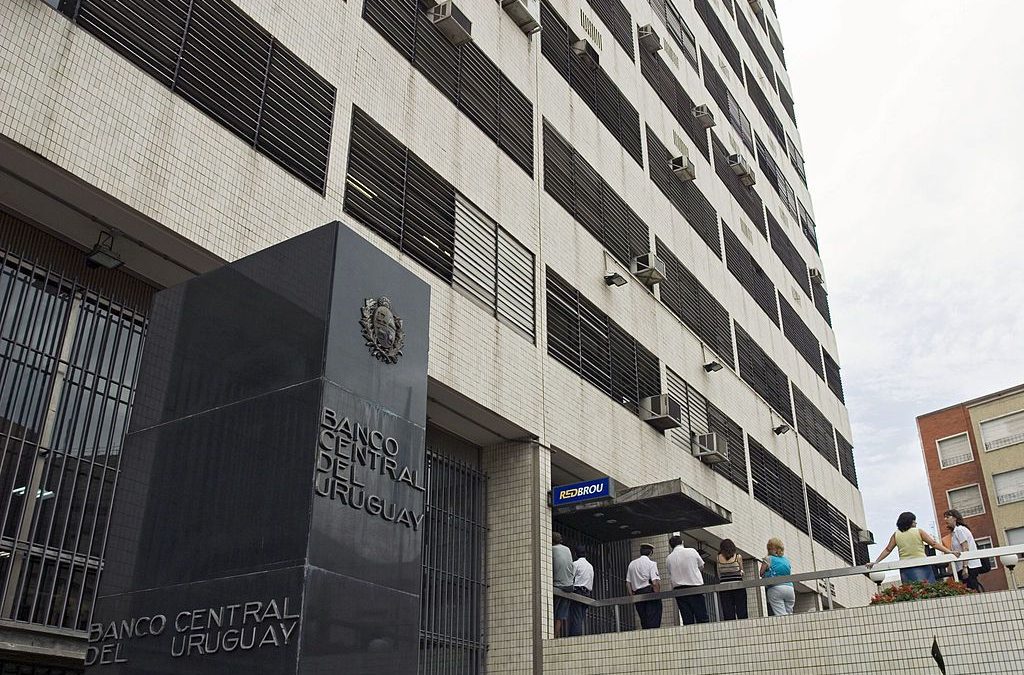The Central Bank of Uruguay (BCU) has established a “work plan” to lay the foundation for the regulation of digital assets and companies that offer these services.
- The BCU plans to finish a proposal by the end of the year to amend the current legal provisions covering digital assets and establish a clear framework to regulate those activities, the entity confirmed in a statement on Friday.
- The BCU will also promote a “dialogue with industry players and will continue its relationship with other regulators and international organizations in order to deepen its knowledge of their experience in the regulation and supervision of these activities.”
- In 2021, the BCU created an internal working group to study instruments and operations with virtual assets using an interdisciplinary approach. As a result of this initiative, the entity developed a “conceptual framework based on the business reality of the different operations involving virtual assets, including both new activities and those that may already be covered by current regulations,” it said.
- Digital assets are not legal tender like the Uruguayan peso, and were not issued and are not backed by any central bank, the BCU said.
- Currently, the BCU added, the issuance and trading of digital assets do not fall within the scope of the central bank’s activities, and therefore they are not subject to specific regulation.
- The BCU recommended users of the financial system and the general public “make an exhaustive evaluation of the risks they assume when operating with these instruments and to take the necessary precautions to mitigate them, taking into consideration that high returns are generally associated with high risks.”














